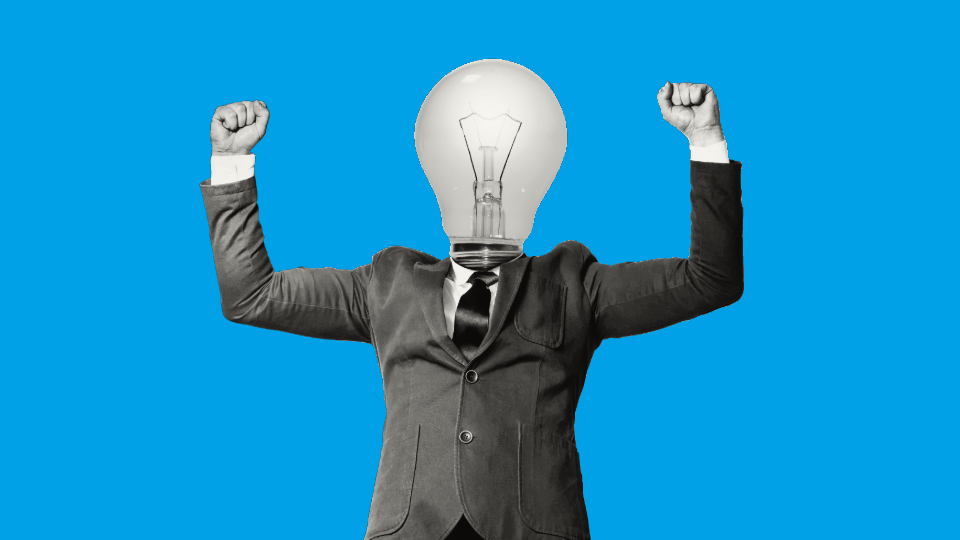Welcome to The Week in Generative AI, a weekly roundup for marketers from Quad Insights that sums up the latest news surrounding this rapidly evolving technology.
OpenAI teases new text-to-video AI model called Sora
ChatGPT and DALL-E parent OpenAI just announced Sora, a new text-to-video AI model currently in testing. Ranging from historical footage of California during the gold rush to an adorable, 3D animated monster warming its hands by a candle, Sora sample videos, as seen here, immediately set the internet ablaze. While the results are stunning, the current iteration is not without its limitations — e.g., videos max out at 60 seconds in length, and so far audio isn’t included. Additionally, OpenAI shared examples of the tool struggling with spatial details, such as a man running in the wrong direction on a treadmill.
Currently unavailable to the public, Sora is in “red-team” testing phase and will be rolled out to a select group of design professionals for feedback, Mashable’s Cecily Mauran reports.
The takeaway: Sora marks OpenAI’s entry into the AI-generated video race, with TechCrunch’s Kyle Wiggers offering that sample videos provided by the company “do look rather impressive, at least compared to the other text-to-video technologies we’ve seen.”
Apple prototypes a new AI animation tool
Apple just released a research paper detailing a prototype generative AI animation tool called Keyframer, marking the next step in the tech giant’s AI push, The Verge’s Jess Weatherbed reports. The paper explains how Keyframer leverages large language models (LLMs) to animate still image files via text prompts. Weatherbed notes that initial Keyframer test participants were able to “produce multiple animation designs in a single batch and adjust properties like color codes and animation durations in a separate window.” Keyframer is not yet available to the public.
The takeaway: Keyframer is yet another intriguing AI-related development from Apple, which announced avatar animation tool Human Gaussian Splats (HUGS) and text-prompted image-editing AI model MGIE in recent months.
Microsoft Copilot sees downloads soar following Super Bowl ad
On the Monday following the Super Bowl, during which Microsoft ran a 60-second commercial for its AI assistant Copilot, the app ascended to the No. 2 spot on the Apple App Store’s most-downloaded free apps chart, Yahoo Tech’s Kat Tenbarge reports.
The takeaway: Since Copilot’s launch last year, Microsoft has invested heavily in enhancing the AI tool and integrating it across platforms. With its pricey Super Bowl ad buy, the tech giant is looking to drive mainstream awareness and adoption of its AI solutions.
Marketing Dive explores how Meta’s AI tools are paying off for advertisers
Reporting on a recent Meta roundtable discussion and the company’s Q4 earnings, Marketing Dive’s Chris Kelly explores how the company’s AI investments are paying off for advertisers. In addition to ad revenue growing 24% year-over-year in Q4, the tech giant saw an increase of 25% year-over-year in daily watch time across all video types — and Meta VP, Global Business Group Alvin Bowles attributed these increases to AI’s enhancement of the company’s discovery engine, Kelly notes. Meta also highlighted several holiday season campaign success stories, including one for Swiss sportswear brand On, which used Meta’s AI-powered tools and saw return on ad spend (ROAS) increase 41% while cost-per-purchase fell by 45%, Kelly adds.
The takeaway: With Apple’s 2021 privacy update having impacted Meta advertisers, the Facebook and Instagram parent is leaning on AI to boost its ad business.
OpenAI rolls out memory and controls for ChatGPT
OpenAI is now testing what it calls “memory and new controls for ChatGPT.” With the planned changes, ChatGPT will have a customizable section in which users can select what information the tool remembers for future interactions. The hope is that these controls will help OpenAI’s most famous tool yield better, more personalized results. Memory and controls have already rolled out to a small number of users, and OpenAI “will share plans for a broader roll out soon,” per the announcement.
The takeaway: In a space where regulation is inevitable, generative AI players will have to strike the right balance between offering a more personalized experience and enhancing privacy and safety controls. OpenAI recently announced a collaboration with nonprofit Common Sense Media aimed at analyzing the suitability of AI products for children, as we noted in an earlier installment of The Week in Generative AI.
Coke Zero Sugar uses AI in expansion of its ‘Best Coke Ever?’ campaign
Coke Zero Sugar utilized AI to create custom typography for its recent expansion of the global “Best Coke Ever?” campaign, Ad Age’s Arvelisse Bonilla Ramos reports. To generate a unique font called Coke Sans Sugar, 100,000 photos were captured at the moment bubbles begin to emerge in the soda, and AI was then leveraged to create the bubbly font now found across the campaign.
The takeaway: Coke is on a roll with its AI-powered marketing, following other recent AI-inflected activations/campaigns including “Y3000 Zero Sugar” and “Create Real Magic.”
Further reading
AI tools & advancements:
- “Google’s Gemini is now in everything. Here’s how you can try it out.” (MIT Technology Review)
AI in process optimization:
- “Kroger Leverages Generative AI to Optimize Third-Party Listings in Marketplace” (Retail Info Systems)
AI regulation, safety and privacy:
- “Microsoft says it caught hackers from China, Russia and Iran using its AI tools” (Reuters)
- “NIST Establishes AI Safety Consortium” (Tech Republic)
- “In Big Election Year, A.I.’s Architects Move Against Its Misuse” (The New York Times)
- “FTC seeks to modify rule to combat deepfakes” (TechCrunch)



